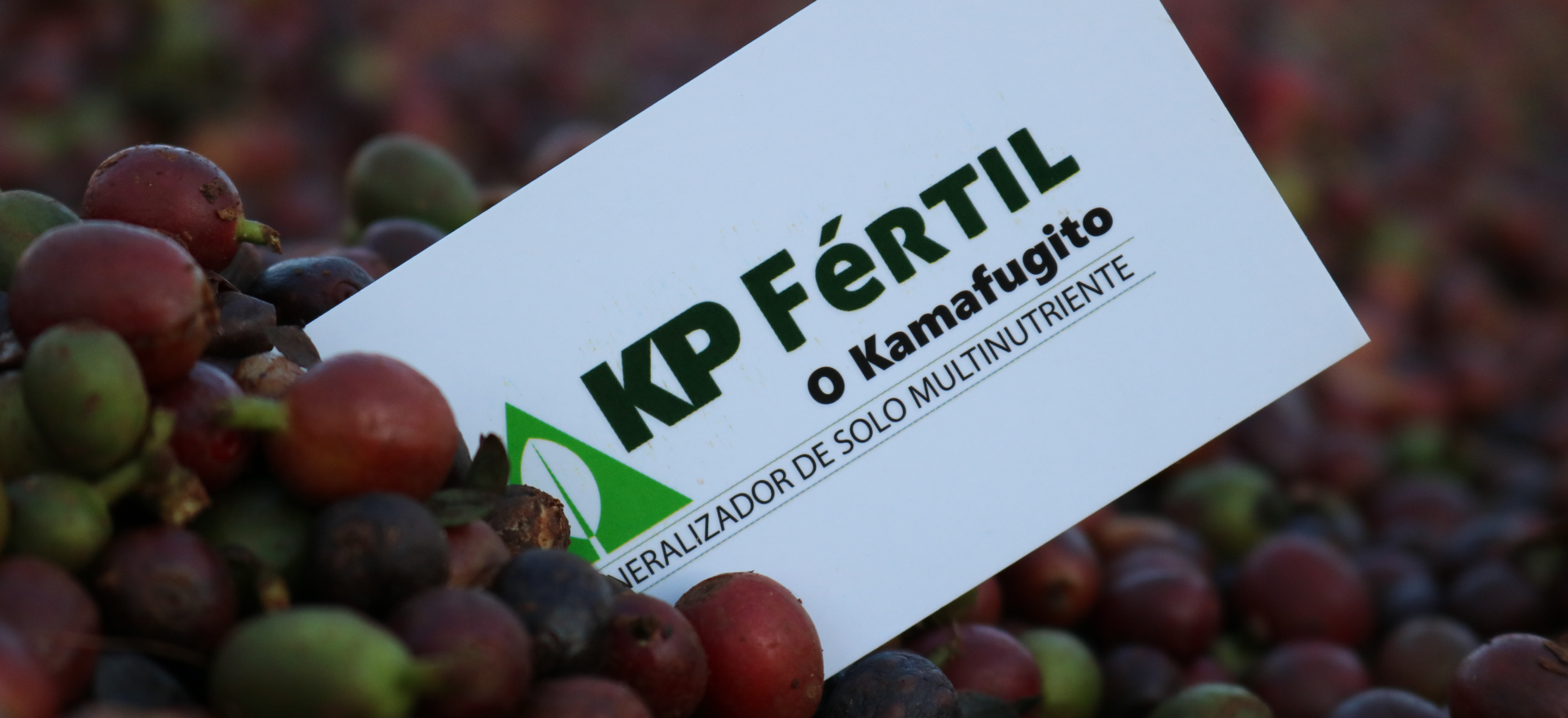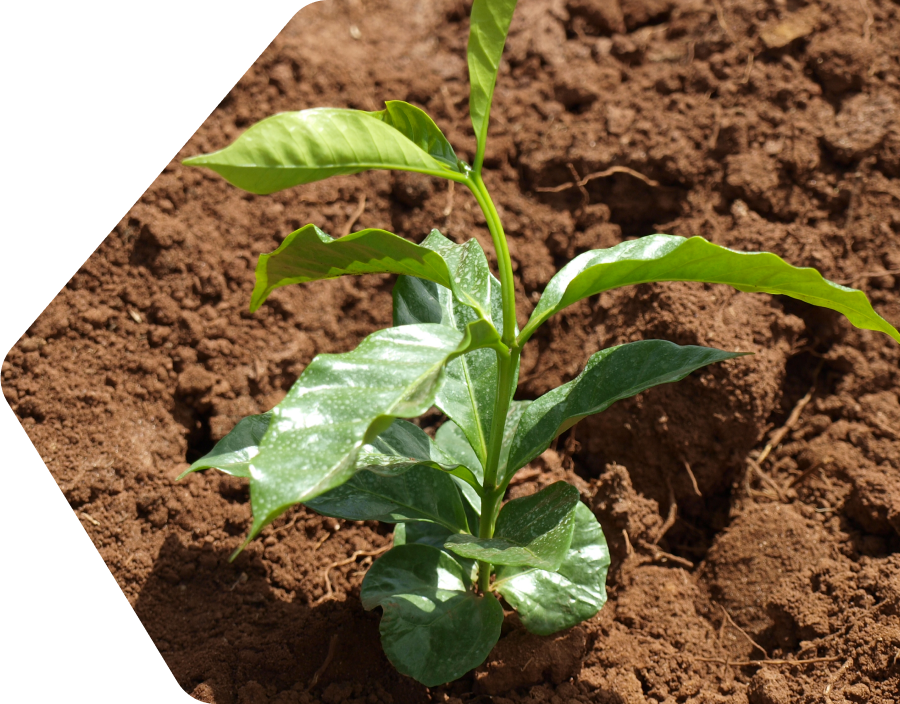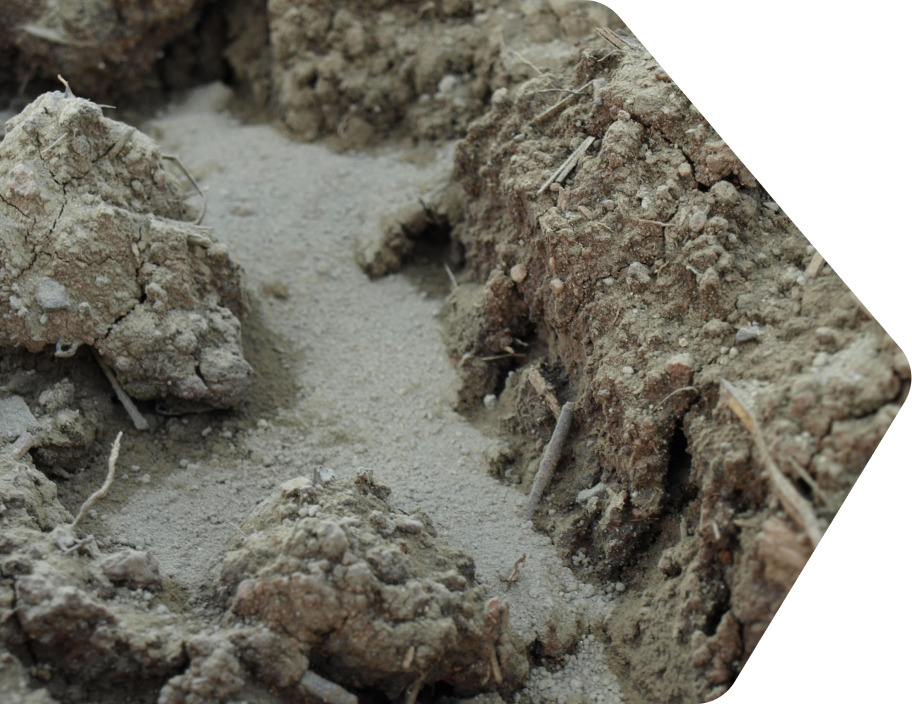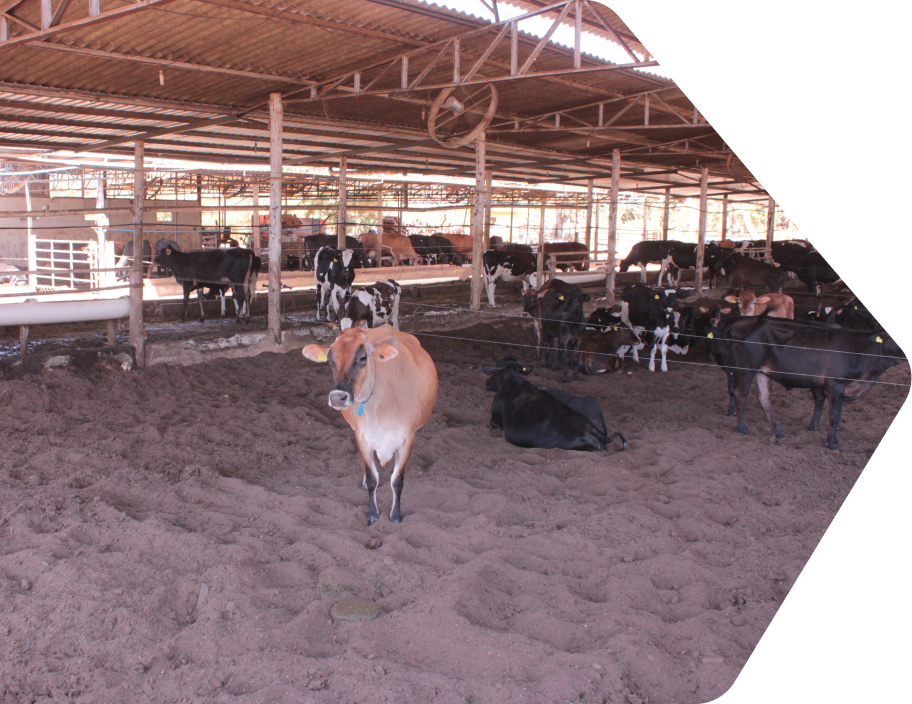Potassium (K): potassium is involved in several essential functions, including the function of regulating the opening and closing of stomata and meristematic growth. It activates enzymatic systems, participates in the synthesis and stability of proteins and carbohydrates, interferes with the constitution of firmness of the plant cell walls (turgor), acts on photosynthesis and regulates the translocation of nutrients in the plant
Phosphorus (P): Phosphorus has a structural and energetic function in cells, being fundamental for the growth of cultures and reproduction. It helps in the synthesis of nucleic acids, responsible for enzyme activation, acts in nitrogen fixation, participates in hormonal control for plant growth and is a determinant in the composition of starch, soluble protein, sucrose and glucose
Calcium (Ca): one of the main functions of calcium resides in the plant structure, as part of the cell wall. It also participates in enzymatic activation, helps in the bioavailability of molybdenum and other micronutrients, acts in pollen grain germination and tube growth pollen, and its lack affects root growth points
Magnesium (Mg): has a key function in the plant, being essential in the photosynthesis process, as it is a component of chlorophyll. It has other functions such as enzyme activator, nitrogen metabolism. It contributes to phosphorus absorption and affects amino acid synthesis and activation. As it is a very mobile element, it has an essential function for the growth and development of plants
Silicon (Si): silicon is a nutrient absorbed by the plant and is deposited on the cell walls of the epidermis, accumulating and contributing to strengthen the plant’s structure and increase resistance to lodging, improving the resistance response to the attack of pests and diseases, in addition to reducing sweating






